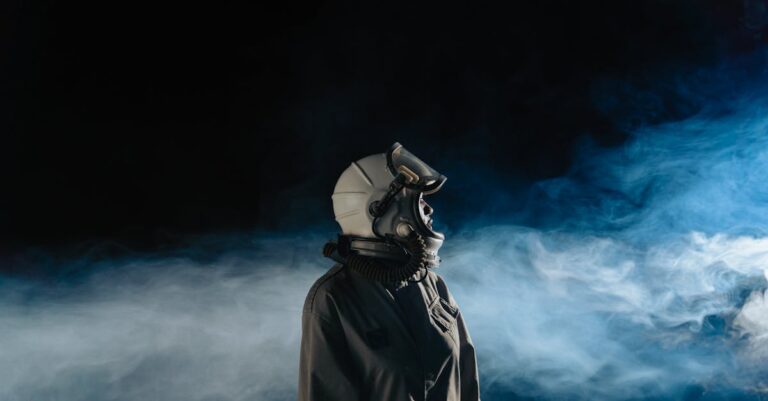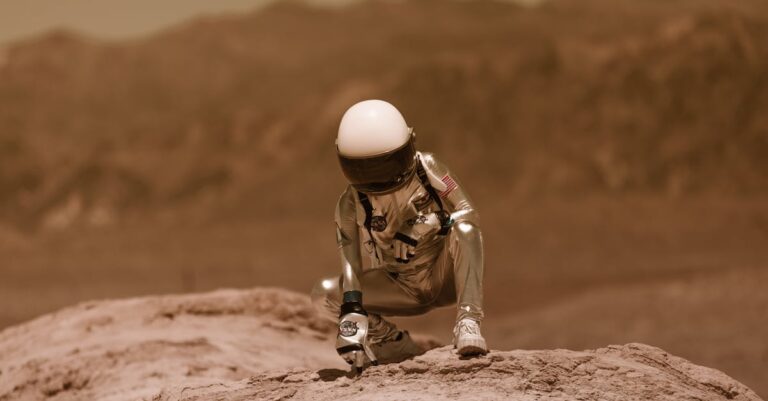
Clara Henshaw stepped off the creaking wagon in the heart of a town that reeked of pine resin and sweat. The air hung thick with the scent of smoke from a hundred smoldering fires, and the sun blazed down like a hammer on an anvil. She adjusted her battered hat, its brim frayed from months of travel, and scanned the ragged cluster of wooden structures that passed for a settlement. A mule brayed nearby, its sound swallowed by the distant roar of a river. This was the place she’d dreamed of—Gold Hill, a name etched into her mind since her husband’s last letter, written in shaky script and smudged ink: *Come. The dust is thick here, but so is the promise.*
The town’s main street was a scar of mud and splintered planks, littered with discarded tools and the bones of failed dreams. Clara’s boots sank into the muck as she walked, her fingers tightening around the leather strap of her satchel. Inside were her husband’s journals, a rusted pickaxe, and a single photograph of them standing at the edge of a river that now seemed impossibly far away. She had left behind the quiet life of a schoolteacher in Missouri, traded her woolen dresses for leather boots, and sold the family piano to buy this journey. Now, she was here, and the weight of it pressed against her chest like a stone.
A man in a soot-streaked coat approached, his eyes sharp as flint. “You new?” he asked, his voice a gravelly rasp. His name was Jace, she would later learn, a miner who’d been here since the first shovels hit the ground. He studied her with the curiosity of someone who’d seen too many hopefuls come and go. “You look like you’ve got a purpose,” he said, tilting his head. “That’s good. This place don’t take kindly to aimless folks.”
Clara nodded, her throat dry. She didn’t have the words to explain why she’d come, not yet. The answer lived in the silence between her thoughts, a secret she wasn’t ready to share. Instead, she asked about work, and Jace led her to a camp where men huddled around fires, their faces lit by the flicker of flames. The air was thick with the smell of tobacco and something else—something metallic, like blood and iron. A boy no older than twelve handed her a tin cup of bitter coffee, his hands trembling. “First day?” he asked, his voice high and thin. She nodded, and he smiled, a flicker of hope in his eyes that made her ache.
That night, Clara sat by the fire, her fingers tracing the edges of her husband’s journal. The pages were yellowed, the ink faded, but the words still burned. *The river runs deep here,* he’d written, *and so do the secrets. But if you listen closely, you can hear the gold singing.* She closed the book and stared into the flames, wondering if she’d come to find treasure or escape. The town was a beast, hungry and unyielding, and she was just another thread in its tangled web. But she had a purpose, even if it hadn’t fully formed yet.
The next morning, Clara joined the miners in the hills, their boots crunching against the gravel as they trekked toward the river. The air was cool and sharp, carrying the scent of wet earth and pine. She worked alongside Jace and others, her hands blistering from the pickaxe, her back aching from the weight of the ore she carried. The sun beat down, and sweat dripped from her brow, but she didn’t stop. Each strike of the pickaxe felt like a step closer to something—she wasn’t sure what, but it mattered.
One afternoon, as she crouched by the river’s edge, sifting through gravel with a tin pan, she heard a voice behind her. “You’re not from around here, are you?” It was a woman, her tone edged with curiosity. Clara turned to see a figure leaning against a tree, her arms crossed. She was older than Clara, her hair streaked with gray, and her eyes held the weight of years. “Name’s Mara,” the woman said. “You’re here for the gold, I reckon?”
Clara hesitated. “I’m here for… something else,” she said finally. Mara studied her, then nodded as if she understood. “This place changes people,” she said. “Some find what they’re looking for. Others lose themselves in the search.” She turned and walked away, leaving Clara with a question that lingered like the scent of smoke in the air.
As the days passed, Clara began to see the town for what it was—a place of contrasts. The promise of wealth clashed with the reality of hard labor, and hope coexisted with despair. She watched as men grew desperate, their faces gaunt, their eyes hollow. She saw the way Jace’s laughter had faded, how Mara’s words carried a sadness she couldn’t name. And yet, there was beauty too—the way the sun painted the hills in gold, the sound of the river as it flowed toward the horizon, the quiet moments when the world felt still.
One evening, as Clara sat by the fire, she overheard a conversation between Jace and a man she didn’t recognize. The man spoke of a hidden vein of gold deep in the hills, a place no one had found yet. “It’s real,” he said, his voice low. “But it’s not easy to get to. The terrain’s treacherous, and there’s danger out there.” Jace nodded, his expression unreadable. Clara’s heart quickened. She didn’t know if the story was true, but she couldn’t ignore the pull of it. It felt like a thread leading her somewhere, even if she didn’t yet know where.
That night, Clara lay awake, her mind racing. The town had become a part of her, its rhythms and secrets etched into her skin. She was no longer just an outsider; she was a part of this place, even if she didn’t fully understand it yet. The gold was still out there, but so were the stories, the people, the moments that made this journey worth it. And as she drifted to sleep, she knew that whatever came next, she would face it with the same determination that had brought her here.
The days turned into weeks, and Clara’s days became a blur of work and quiet reflection. She learned the town’s ways, the unspoken rules that governed life there. She formed bonds with Jace and Mara, their conversations filling the gaps in her understanding. But there was always something just beyond her reach, a mystery she couldn’t quite grasp. The river still sang, and the hills called to her, but she didn’t yet know what they were trying to say.
One morning, as she walked to the river’s edge, she found a small box buried in the dirt. It was old, its hinges rusted, and it felt heavy in her hands. Inside was a letter, its paper yellowed and brittle. The writing was unfamiliar, but the words spoke of a woman who had come before her, someone who had left behind a story she never got to finish. Clara’s fingers trembled as she read, the weight of the past pressing against her chest. This was more than just a journey for gold—it was a connection to something larger, something that spanned time and distance. And as she stood there, the wind tugging at her clothes, she realized that she wasn’t just searching for treasure. She was searching for herself.
The box became a symbol of her journey, a reminder that every step forward was part of a larger story. She continued to work, to learn, to grow, but now she carried the weight of the past with her. The town remained a place of contrasts, but Clara no longer saw it as just a place of struggle. It was a place of possibility, where stories were born and lives were shaped. And as she looked out at the hills, she knew that whatever came next, she would face it with the same courage that had brought her here.
In the end, Clara’s journey was not just about finding gold. It was about discovery—of the town, of herself, and of the stories that connected them all. The dust and gold of Gold Hill had become a part of her, a testament to the resilience and determination that defined her. And as she stood on the edge of the river, watching the sun dip below the horizon, she knew that this was only the beginning.


